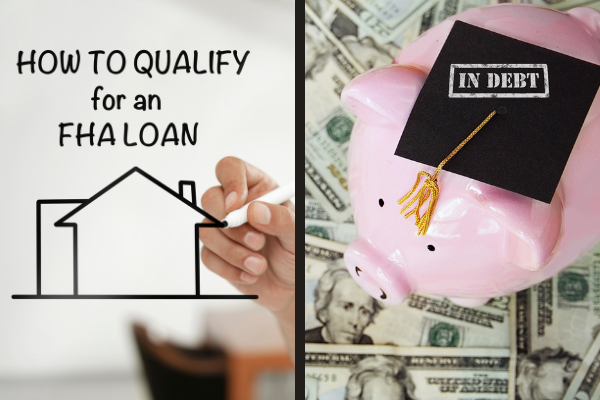A Mortgage Pre-Approval Letter: How Long Does It Last?
 Buyers need to make sure they are competitive when they make an offer on a house. One of the ways to do that is to get a pre-approval letter. What does this mean, and how long does it last?
Buyers need to make sure they are competitive when they make an offer on a house. One of the ways to do that is to get a pre-approval letter. What does this mean, and how long does it last?
What Is Mortgage Pre-Approval?
Prior to working with a real estate agent to find the perfect house, it is important to get a pre-approval letter from a lender. Some agents might even ask a buyer to do this before they start looking. The lender will take a look at someone’s income and run their credit to see how large of a loan someone can qualify for. Getting a pre-approval letter is important because it gives someone a budget with which to work. It also gives the buyer more credibility with the seller if they make an offer on the house. That way, the seller does not have to worry about the deal falling through if the buyer cannot get financing.
How Long Will A Pre-Approval Letter Last?
In a competitive market, a buyer might not be able to find a house right away. Therefore, it is critical to be knowledgeable of the timeframe of the pre-approval letter. In most situations, a pre-approval letter will last for 90 days; however, all buyers need to read the fine print to see how long the letter will last. Some of them only last for 30 days. If the letter has expired, it is relatively easy to reach out to the lender and get a new one. If nothing has changed in the buyer’s financial situation, then getting a new pre-approval letter should not be an issue.
Are Pre-Approval And Pre-Qualification The Same Thing?
These are not the same things. A pre-qualification check is less stringent than a pre-approval letter. Getting pre-qualified simply means that the buyer has exchanged verbal information with a lender, so this is not as strong. Buyers need to make sure they obtain a pre-approval letter for financing to present themselves as competitive in a challenging market. A pre-qualification check does not require a credit check and income verification. Even though the process takes longer, it is always better for a buyer to get pre-approved instead.

 Changes are being made to the mortgage application process every year. With access to online-only lenders and a decentralized financial system, more doors are open to potential home buyers than ever before. For example, there are many institutions that are making it easier to apply for mortgages by allowing applicants to do so online. That way, buyers do not have to fill out any paperwork, and lenders can stay away from any inequalities or discriminatory methods. What are the benefits of a digital mortgage?
Changes are being made to the mortgage application process every year. With access to online-only lenders and a decentralized financial system, more doors are open to potential home buyers than ever before. For example, there are many institutions that are making it easier to apply for mortgages by allowing applicants to do so online. That way, buyers do not have to fill out any paperwork, and lenders can stay away from any inequalities or discriminatory methods. What are the benefits of a digital mortgage?  In the past, a lot of potential borrowers were declined for FHA loans due to the presence of student loans. Now, the Biden Administration along with the FHA has eased a lot of their regulations surrounding student loans, making it easier for borrowers with student loans to qualify for a home loan. The FHA required that FHA mortgage companies calculated the monthly student loan payment as one percent of their outstanding loan balance if the loans were not fully amortized; however, this is now changing.
In the past, a lot of potential borrowers were declined for FHA loans due to the presence of student loans. Now, the Biden Administration along with the FHA has eased a lot of their regulations surrounding student loans, making it easier for borrowers with student loans to qualify for a home loan. The FHA required that FHA mortgage companies calculated the monthly student loan payment as one percent of their outstanding loan balance if the loans were not fully amortized; however, this is now changing.